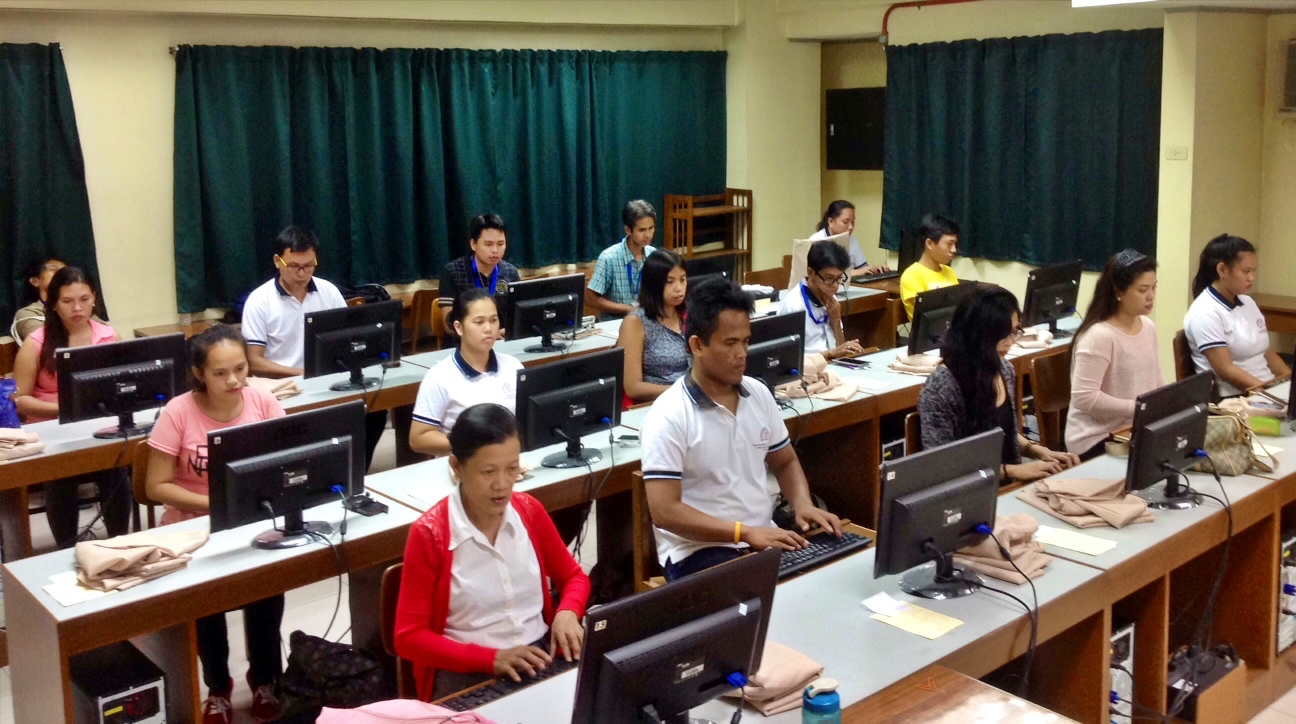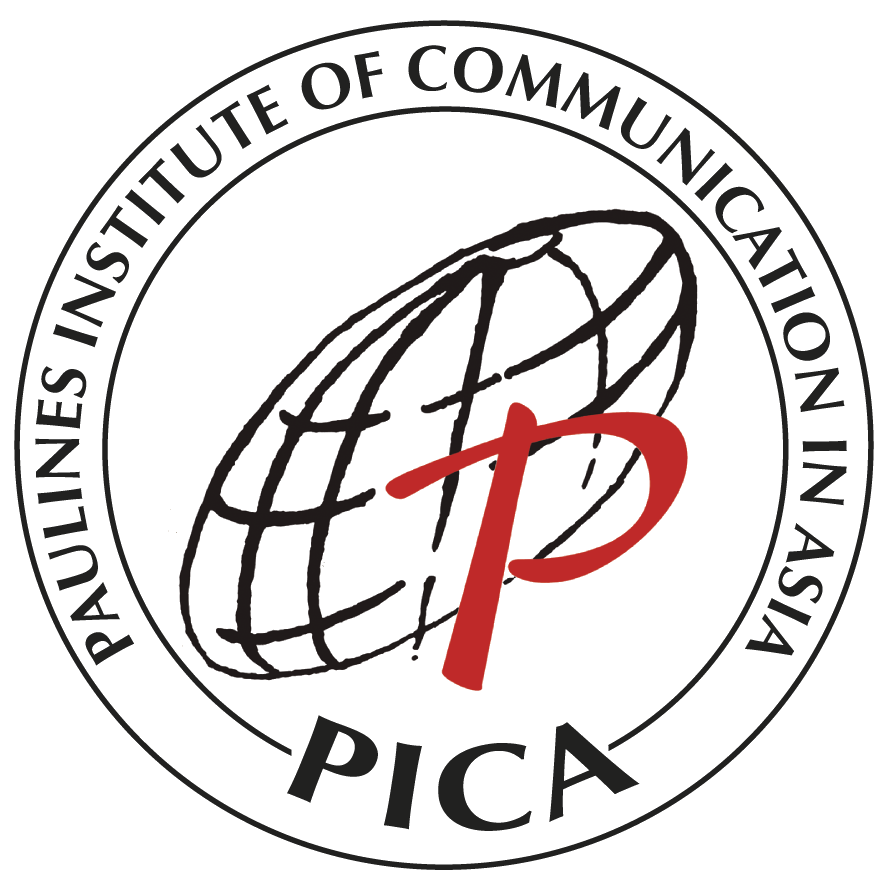Module 1: Fundamentals of Communication
A. Communication as a theory
1. Basic Terms
2. Verbal & Non-Verbal Communication
B. Communication in Practice
C. Barriers to Communication
Module 2: Oral & Aural Communication
I. Part ONE:
A. Assessment Tests (Written & Oral)
B. Listening & Speaking Exercises
II. Part TWO:
C. Listening Activities
D. Speaking Activities
Module 3: Fundamentals of English: A Review
A. Nine Parts of Speech: A Review + Exercises
B. Grammar Rules: A Review + Exercises
C. Simple Present Tense & Its Uses + Exercises
D. Simple Past Tense & Its Use + Exercises
E. Future Tense with “Will” & Its Uses + Exercises
F. Future Tense with “Will” vs. “Going to” & Its Uses +Exercises
Module 4: Psychology of Communication:
A. Self-Awareness
B. The SELF and Communication
1. Intra-Psychic Structure (IPS)
2. Elements of the IPS Influencing Communication Process
2.1. Needs-descriptions
2.2. Values
2.3. Defense Mechanism
2.4. Personality Styles
2.5. Emotions
2.6. Attitudes
C. Normal & Abnormal Communication
Module 5: Personal Development
A. Character Building
1. Understanding the meaning of “Character”
2. Concept of Man
3. The Deep-rooted Traits
4. Backbone of Character
B. Moral Values
1. Meaning of Values
2. Sources of Morality
C. Moral Issues
1. Same-Sex Marriage
2. Abortion
3. Euthanasia
Module 6: Effective Communication in the Workplace
A. Communication Errors in the Workplace
B. How to Possess Good Communication Skills in the workplace
C. Handling Difficult Situations & Conflict Management
D. Ethics in the Workplace
Module 7: Faith-based Media Literacy Education
A. Principles of Media Literacy
B. Similarities and differences of media literacy, information
literacy, and technology literacy
C. Media Culture & Today’s Youth
D. Gospel Values vs. Media Values
Primarily, the project aims at fulfilling the learner’s three basic needs, namely, SAFETY, SELF-ESTEEM and at length, SELF-ACTUALIZATION.
Safety because the program attempts to lead them towards security of the family. They will be highly motivated to do their best so that they can get a more decent job than scavenging and working in bars as “GROs” [or, pseudo “guest relations officer”]. After completing the course and getting the COC (Certificate of Competency) from the government agency, they will easily find a job, thus, have the necessary resources to support their families.
Self-Esteem, because the course, particularly “Communication Skills” will offer the learners various opportunities to deepen their self-awareness and get to know themselves better – who they are and what they can be. Their skills once developed will increase their self-confidence, self-respect and they will also learn how to respect others.
Self-actualization, because discovery of ones hidden potentials is a realization that a person must be what he thinks he can be.
“Basic Computer Skills”, on the one hand, attempts to:
- Provide the participants with a basic understanding of the internal and external hardware parts of a computer.
- Enable them to identify the fundamental principles of operating systems.
- Demonstrate basic diagnostic procedures and trouble-shooting techniques necessary to perform preventive maintenance on desktops, laptops and portable devices.
- Explore how computers are generating career opportunities.
- Be able to critically evaluate Web pages for authenticity, applicability, authorship, bias and usability.
To realize above objectives, “Basic Computer Skills” includes the following course content:
MODULE 1: Computer Basics (10 Days)
- Orientation
- Getting-To-Know Computers
- All about Desktop Computers
- Understanding Applications
MODULE 2: Software Concepts (3 Days)
- Operating Systems (Windows 8)
- Software Basics
- Basic Diagnostic Procedures
MODULE 3: Encoding (10 Days)
- Technique concepts
- Correct Finger Locations
MODULE 4: Word Processing (MS Word) (7 Days)
- Opening new/existing Documents
- Formatting
MODULE 5: Accounting Management (3 Days)
- Data Base
- Spreadsheets (MS Excel/Access)
MODULE 6: Creative Presentation (10 Days)
- Basic Digital Technology
- Digital Audio
- MS Power point
MODULE 7: Internet (3 Days)
MODULE 8: Ethics in the Internet (4 Days)

